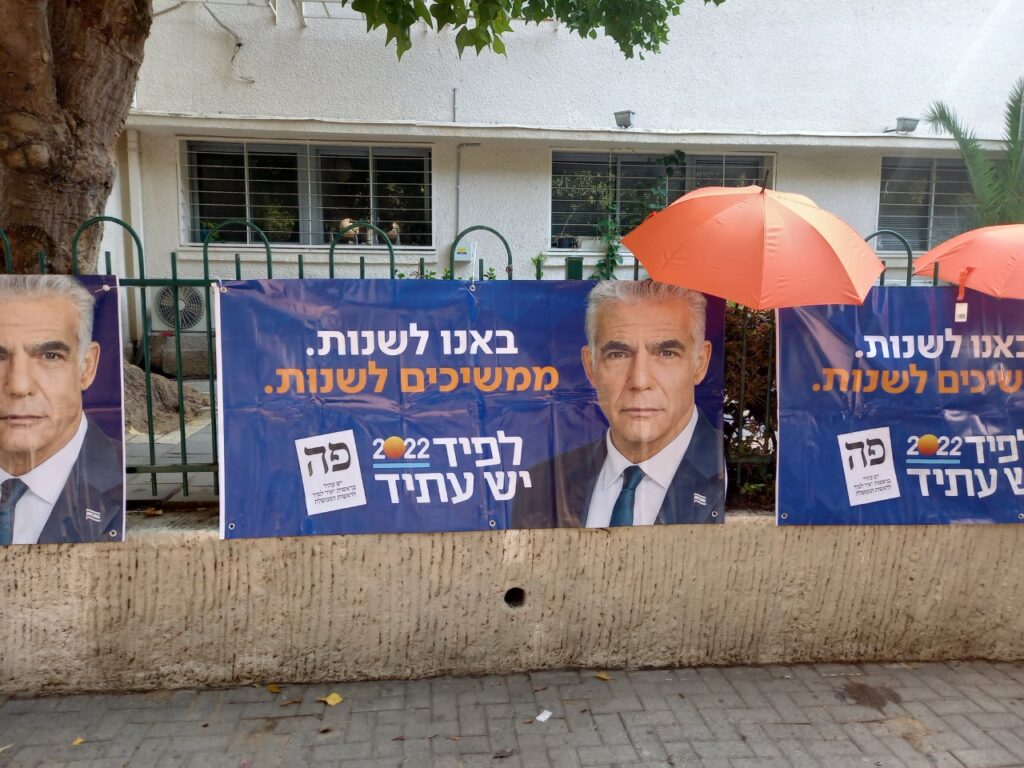The first TV exit polls after the voting stations were closed at 22 pm on Tuesday evening predicted that the pro-Netanyahu bloc would win the Israelis elections with 61 – 62 seats in the 120-member parliament, ahead of incumbent coalition under Prime-Minister Yair Lapid with 55 – 54 seats.
The polls were based on a representative sample of votes one hour before the voting stations closed and subject to caveats, in particular as regards the voter turnout and whether certain smaller parties from both political blocs will pass the voting threshold of 3,25 %.
During the night the forecasts were slightly adjusted but were still showing that former Prime-Minister Benyamin Netanyahu would return to power, supported by a far-right extremist party, Religious Zionism, and his traditional allies, the two orthodox parties. Religious Zionism is predicted to receive 13 seats, making it the third biggest party.
After 62 of % the actual votes had been counted on Wednesday morning, the lead of the pro-Netanyahu bloc even increased to 69 seats but the figures only reflect the results of those voting stations that have been counted until now.
The total voter turnout has not yet been published. The Central Elections Committee said as of 8 p.m. on Tuesday evening that 66.3 percent of eligible voters had cast ballots, the highest figure since 1999. Among the Arab citizens in Israel, the voter turnout is much lower although it was expected to increase.
Three parties are currently close to the voting threshold or just below it: the Arab nationalist party Balad, the religious Arab Muslim party Raam, which supported the Lapid’s coalition government, and the center-liberal party Meretz, which is part of the current coalition.
In Israel’s polarized society, there is a deep divide between those who prefer a Jewish state or a state of all its citizens, Jews and Arabs alike, including a two-state solution of the Israeli-Palestinian conflict. The outcome of the elections might impact Israels democracy and governability. Netanyahu’s partner, Religious Zionism, has tabled a program for politicizing the appointments of judges and civil servants.
The outcome of the elections matters also for the EU and Europe. During the current coalition, relations with the EU improved despite differences of opinion about the Middle East Peace Process. EU is looking forward to import natural gas from Israel’s natural gas fields in the Mediterranean Sea. Ukraine is appealing to Israel to provide it air defense systems against Russia’s war of aggression.
The Brussels Times

